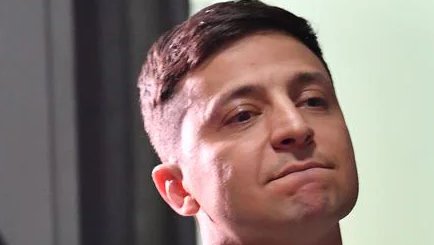Ramzan Kadyrov, the Chechen leader, calls on Russian President Vladimir Putin to step it up in Ukraine.
Belarusian President Alexander Lukashenko warns of Ukraine becoming a “meat grinder” in a couple days’ time.
Putin himself asks his Defense Minister and Chief of General Staff on the occasion of “Special Forces Day” to put his “strategic forces” (read: nuclear weapons) in the status of “combat readiness.”
Russian opposition figure in exile Mikhail Khodorkovsky via Instagram implores Russians — against the background of these comments — to take to the streets.
Police officers detain a demonstrator as people gather in front of the Supreme Court of the Russian Federation, in Moscow, Russia, Tuesday, Dec. 28, 2021. (AP Photo)
They are taking to the streets, but they get pushed back or arrested nearly as quickly as they come out. Protests are illegal. Police are out in numbers looking for rule breakers. According to reports, 1,500 had been arrested across Russia by sundown on Sunday.
One woman in Yekaterinburg said she had taken to the streets because she was so upset.
“And I am especially upset,” she said, “because the aggressor is my country. In war, the one who starts it is guilty. And I am guilty. I voted for this government. I didn’t actually vote for Putin but I couldn’t do anything.”
Outbursts like that, from conversations and social media posts, are representative of how many Russians feel inside.
But many people are afraid to comment frankly, either way. Weighing in on one side or the other involves risk. A lot of others prefer to just put their heads in the sand. It is too much to bear.
Social media, for now, is the forum of choice for commentary.
The Gorbachev Foundation put out a statement that read, in part, “We declare the need for an early cessation of hostilities and the immediate start of peace negotiations. There is and cannot be anything more valuable in the world than human lives. Only negotiations and dialogue based on mutual respect and consideration of interests are the only possible way to resolve the most acute contradictions and problems.”
The language of the man who brought us “glasnost” must have a…


